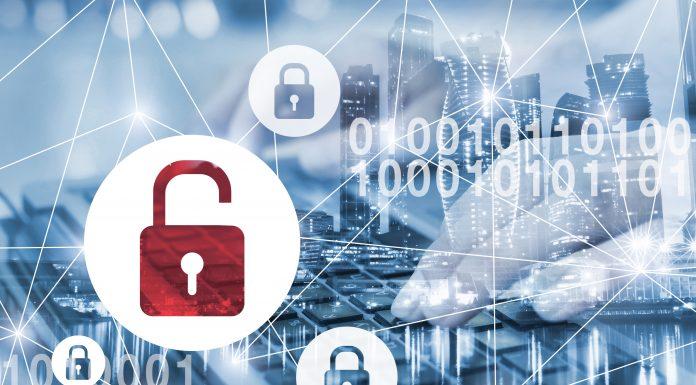Get in Touch
A technical glitch took down a wireless network used by New York City’s municipal government, raising serious questions about security and reliability of operational...
A security analysis of 30 major banking and financial apps has shown major security holes and a lax approach to protecting user data.
The analysis...
Israeli cybersecurity researchers have created malware capable of showing fake cancerous growths on CT and MRI scans.
The malware, called CT-GAN, served as a...
Unless you live under a bottle cap rusting on the bottom of Loon Lake, you know that if you're concerned about privacy, Facebook CEO Mark Zuckerberg is...
Multiple sales subsidiaries of Toyota Motor Corp. were breached in an apparent cyberattack that may have leaked the personal information of up to 3.1...
The email addresses and personal information of 982 million people were compromised in a leak from an unsecured database.
The database belonged to Verifications.io, an...
Florida police officer Leonel Marines resigned after a police investigation revealed the 12-year veteran of the Bradenton Police Department had been using police databases like a...
The Federal Emergency Management Agency failed to properly protect the personal information of 2.3 million survivors of natural disasters.
A partially redacted memo issued...
The U.S. Department of Homeland Security issued an emergency directive in January 2019 giving government agencies ten days to verify that they weren't compromised by DNS hijacking. A few days...
A health company’s unprotected server exposed over six million health records in the last 12 months.
Meditlab, an electronic medical record company, left a server...














